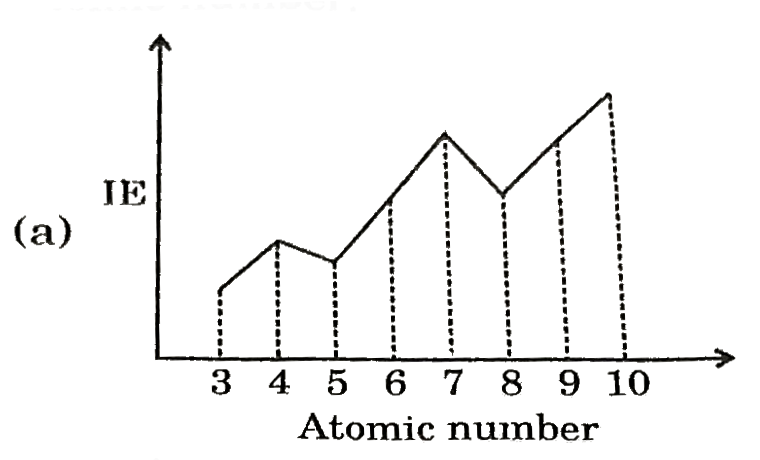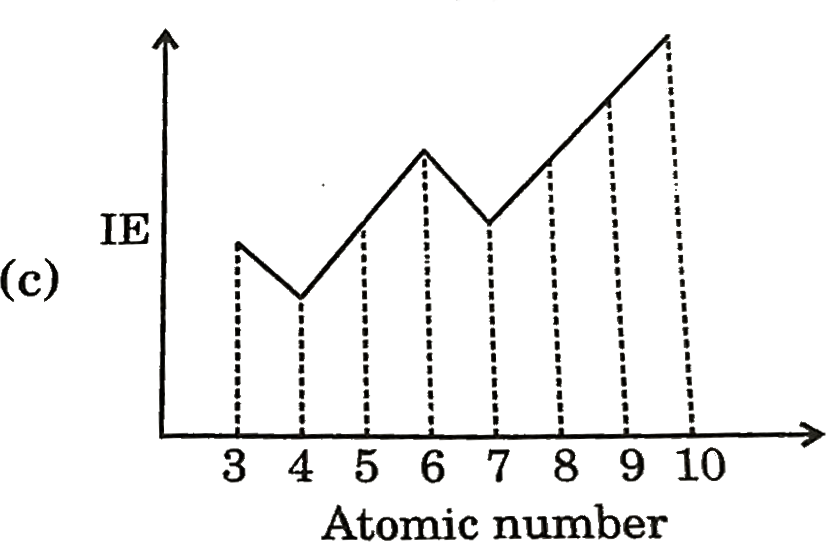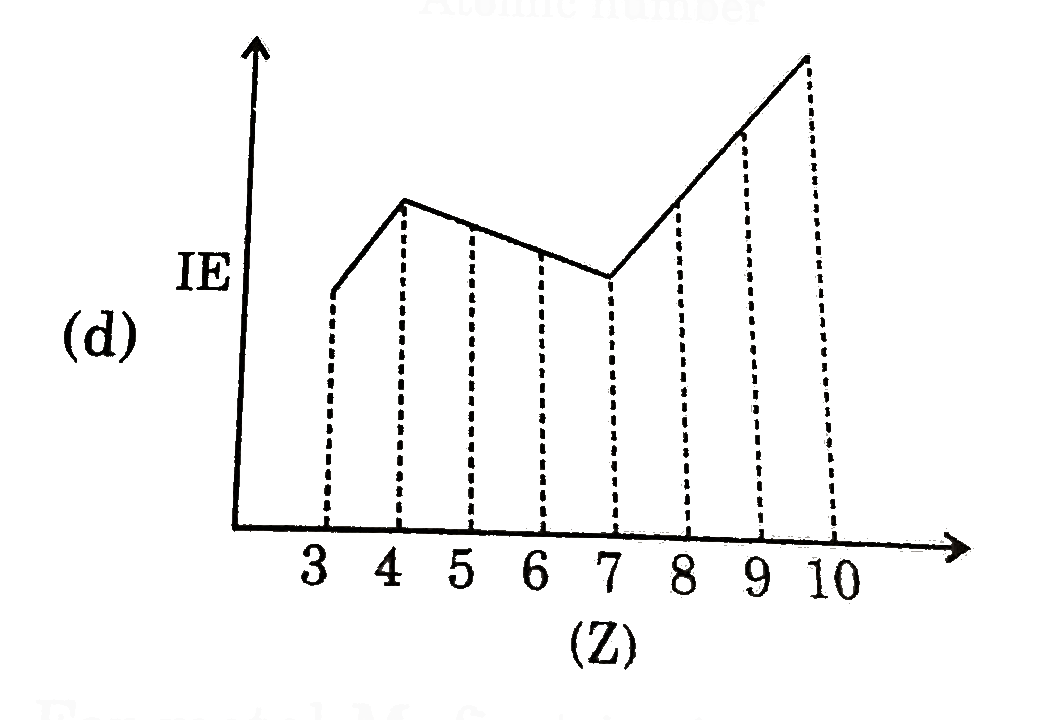Period 2 elements
Boron, carbon, nitrogen, oxygen
Topper's Solved these Questions
- PERIODIC CLASSIFICATION OF ELEMENTS BOOK - TARGET PUBLICATIONCHAPTER - PERIODIC CLASSIFICATION OF ELEMENTS EXERCISE - Give reasons
5 Videos
- PERIODIC CLASSIFICATION OF ELEMENTS BOOK - TARGET PUBLICATIONCHAPTER - PERIODIC CLASSIFICATION OF ELEMENTS EXERCISE - Distinguish between
2 Videos
- PERIODIC CLASSIFICATION OF ELEMENTS BOOK - TARGET PUBLICATIONCHAPTER - PERIODIC CLASSIFICATION OF ELEMENTS EXERCISE - Match the following
4 Videos
- METALLURGYBOOK - TARGET PUBLICATIONCHAPTER - METALLURGYEXERCISE - CHAPTER ASSESSMENT
19 Videos
Similar Questions
In period 2, element 'A' is to the right of element 'B'.
Nuclear charge of element 'B' would be ________[less/more] than element 'A'.
View SolutionIn period 2, element 'A' is to the right of element 'B'.
The element 'B' would probably have ____[lower/higher] ionisation potential than 'A'.
View Solution
Knowledge Check
Assertion : 2nd period elements do not involve in excitation of electron.
Reason : 2nd period elements do not have vacant 2d-orbitals.AIf assertion is true but the reason is falseBIf assertion is false but reason is trueCIF both assertion and reason are true and the reason is the correct explanation of assertionDIf both assertion and reason are true but reason is not the correct explanation of assertionSelect correct graph, which is plotted between ionisation energy of 2nd period elements and their atomic number.
A B
B C
C D
D
Which 2nd period element has maximum value of |ionization energy - electrone affinity|
ALiBNCFDNe
In period 2, element 'A' is to the right of element 'B'.
The element 'A' would have. ______ [lesser/higher] electron affinity than 'B'.
View SolutionIn period 2, element 'A' is to the right of element 'B'.
The element 'A' would probably have a ____ [smaller/larger] atomic size than 'B'.
View SolutionIn period 2, element 'A' is to the right of element 'B'.
If an element 'C' had a low electronegativity and ionisation potential it would have more tendency to _______ [gain/lose] electrons.
View SolutionAssertion : 2nd period elements do not involve in excitation of electron.
Reason : 2nd period elements do not have vacant 2d-orbitals.
View SolutionIn the short form of the modern periodic table, the first period contains 2 elements. The subsequent periods consist of 8,8,18,18, and 32 elements, respectively. The seventh period is incomplate and would have a theoritical maximum (on the basis of quantum numbers) of_____elements.
View Solution
